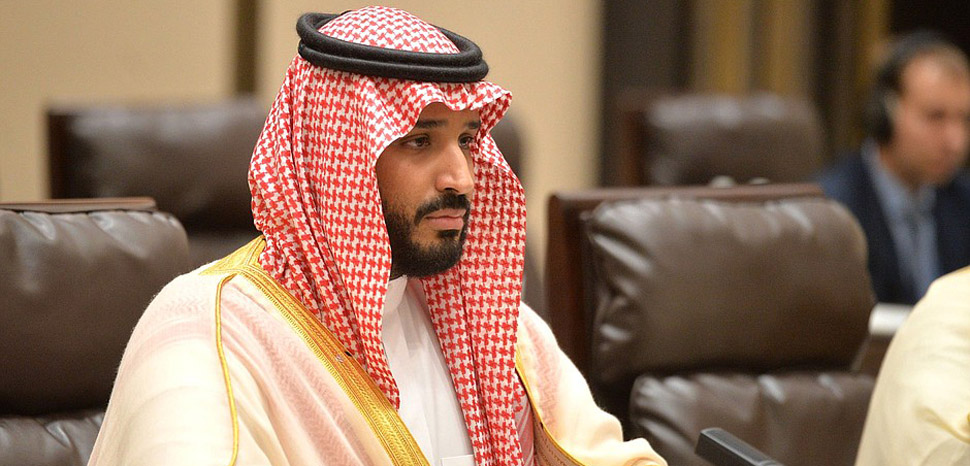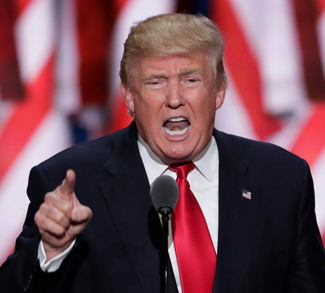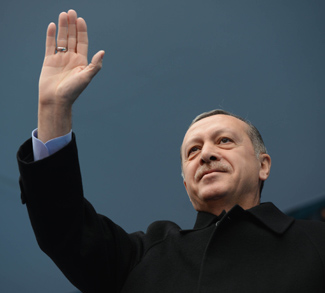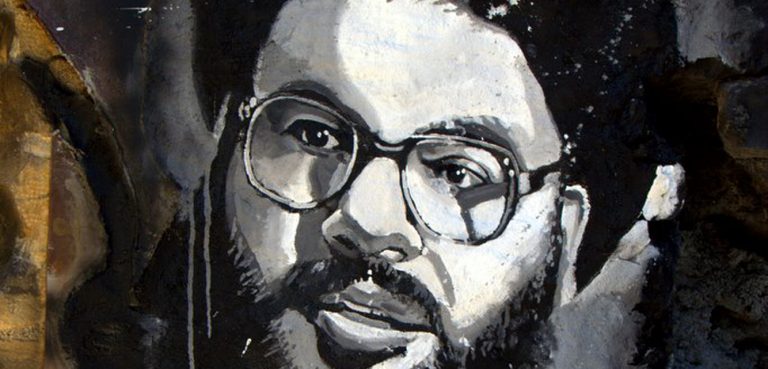Summary
The Middle East is a turbulent region marked by conflict and instability. Once the cradle of civilization, it is now a battleground among competing powers. Profound ethnic and religious divides mark its political life, multiple geopolitical interest collide on its deserts, and various armed groups fight each other in an intricate network of allegiances in continuous shift. This situation has turned even worse in recent years, with the civil wars in Syria and Yemen, the conflict in Iraq, and the rise of the Islamic State. These events have transformed the regional context, creating power vacuums that each regional actor is trying to fill in accordance to its own interests.
Among others, one of the major drivers of this struggle for power has been the Saudi-Iranian rivalry. With Tehran exploiting the chaos in Iraq and Syria to extend its influence, Riyadh is reacting by reaffirming its alliance with the U.S., by launching an ambitious reform program, and even by taking steps toward rapprochement with Israel. But there is an important bilateral relationship that is often neglected: the one between Saudi Arabia and Turkey. And its direction could have profound consequences for the future geopolitics of the Middle East.
Background
Saudi Arabia finds itself at a turning point. Having to deal with the economic backlashes caused by the drop in oil prices (its main source of revenue) and facing the long-term prospect of exhausting its reserves, Riyadh must also cope with a complex geopolitical environment characterized by Iran’s assertiveness and civil war along Saudi Arabia’s borders in Yemen. These internal and external pressures have put the Kingdom on a course to reform. The initiator of this change is the current strongman in Riyadh, Crown Prince Mohammed bin Salman. Set to become king and holding various charges, notably minister of defense, bin Salman is already transforming the Saudi state. All while concentrating power in his hands by having potential opponents arrested, he announced an ambitious program called Saudi Vision 2030, whose aim is to diversify the economy and prepare it for the post-oil era. He has promoted notable changes in society, allowing women to drive and attend football matches and opening cinemas after decades. As a material example of this symbiosis of social and economic transformation, he launched NEOM, a $500 billion project to build a vast and high-tech city set to become a hub for innovation on the shores of the Red Sea.
At the same time, the Prince is promoting an active international agenda. Iran remains the main rival of the Saudi Kingdom, out of a combination of divergent geopolitical interests and national-religious differences (Iran is a Persian state and the center of Shia Islam, while the Kingdom is Arab and the champion of Sunnism). In a context of rising tensions with Tehran, Prince Salman is actively taking countermeasures. He decided to intervene in Yemen, leading a coalition in the fight against Iran-sponsored Houthi rebels. Last year, he initiated a multinational blockade on Qatar, which he accused of sponsoring terrorism and being too close to Tehran; the diplomatic standoff remains unresolved. He also strengthened Saudi ties with the U.S., buying military equipment worth 350 billion dollars over 10 years in the context of an effort to upgrade the Kingdom’s military. He even declared that Riyadh would develop nuclear weapons if Tehran were ever to obtain them. And more recently, in what is the most significant shift in Saudi foreign policy, he is conducting a rapprochement with Israel.
Even though it maintains no official diplomatic ties with the Jewish state, Saudi Arabia has always adopted a realist-based approach towards Israel, and the two have been able to cooperate in the past. After all, the Kingdom belongs to the group of “pragmatic” Arab states, and both it and Israel are close U.S. allies that share a strong enmity to Iran; they do not want it to expand its influence and most importantly become a nuclear power. For this reason, the two countries oppose the Assad regime in Syria and its Iranian ally, and Tel Aviv approved of the blockade on Qatar. But with the support of the Trump administration, Prince bin Salman has taken further steps. The NEOM project raised the attention of Israeli firms, which are said to have held talks with Saudi officials to explore their involvement in the initiative. There are also rumors that the Prince visited Israel in person, though Riyadh has denied it. It was further speculated that the Saudi Air Force is training to suppress Iranian air defenses in case Israel decides to launch an airstrike on Iran’s nuclear facilities. But the most important development in this regard is the Prince’s statement that “the Palestinians and the Israelis [emphasis added] have the right to have their own land.” Without abandoning the support for the creation of a Palestinian state and the necessity of a peace agreement, this implicitly recognizes for the first time Israel’s right to exist. This is a major shift, as it could pave the way for other Arab leaders to do the same and change the diplomatic balance of the Israeli-Palestinian conflict.
But while these consequences with regard to Iran and the Palestinian issue have been widely discussed, the effects on Saudi Arabia’s relations with Turkey have not. And the Turkey, along with the Kingdom and Iran, is the third major Muslim player in the region, representing yet another national group with diverging as well as shared interests with the other two.




